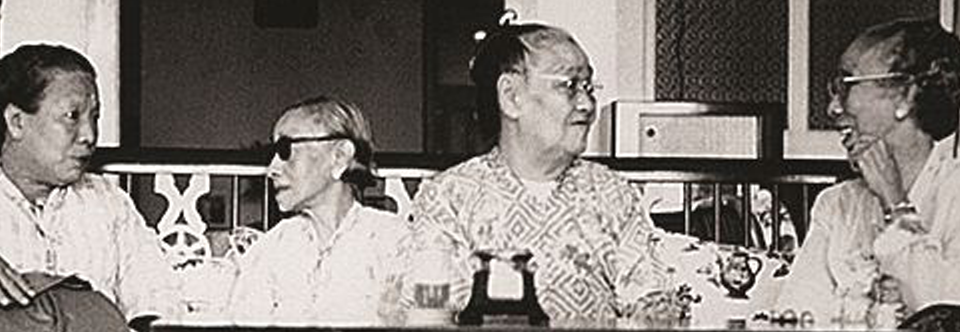The Peranakan Community: A Marriage of Cultures

In the tapestry of Southeast Asia’s rich cultural diversity, there exists a vibrant and unique community known as the Peranakans. Often misunderstood as merely the offspring of mixed marriages, the Peranakan identity is far more profound, shaped not by the union of races but by the fusion of cultures. This community’s intriguing history and distinctive way of life reveal the beauty of cultural amalgamation.
Origins of the Peranakan Community
The term ‘Peranakan,’ derived from the Malay word meaning ‘local born’ or ‘local descendants,’ was initially used by the indigenous peoples of the Straits Settlements and Malay Archipelagos to describe foreign immigrants who settled in the region and established families and businesses. These immigrants, predominantly of Chinese descent, sought to distinguish themselves from the newly arriving Chinese immigrants, whom they referred to as ‘Sinkeh’ (new guests) or ‘totok’ (migrants in Indonesia).
The Peranakans, or ‘Straits Chinese,’ as they are commonly known, comprised two distinct groups: the Babas (male descendants) and the Nyonyas (female descendants), with senior females earning the title of ‘Bibiks.’ While they retained their Chinese heritage and beliefs, the Peranakans adopted indigenous lifestyles, giving rise to their unique practices, including the development of Baba Malay, a variation of the Malay language.
However, it is crucial to note that the essence of Peranakan identity lies not in their racial heritage but in their ability to meld diverse cultural elements into a cohesive whole.
Cultural Heritage and Beliefs
One of the defining aspects of Peranakan culture is the fusion of traditional beliefs inherited from their Chinese ancestors with local customs. In some cases, their strict adherence to these beliefs surpasses even that of their Chinese counterparts.
Family plays a central role in Peranakan society, mirroring the importance placed on family by traditional Chinese culture. Multiple generations often reside under one roof, fostering a strong sense of kinship and solidarity.
Yet, the true hallmark of the Peranakans is their embrace of modern thinking, breaking away from some traditional Chinese norms. Unlike their Chinese counterparts, who historically favoured male offspring, Peranakans granted equal rights to both sons and daughters regarding the family’s inheritance.
Culinary Fusion: A Feast for the Senses
Perhaps the most vivid expression of Peranakan culture is its culinary heritage. Peranakan food stands as a testament to the exquisite blend of cooking styles, seamlessly combining traditional Chinese and Malay culinary techniques. This harmonious marriage of flavours is characterised by the extensive use of local herbs and spices, resulting in dishes that are often spicier and more piquant than traditional Chinese fare.
A typical Peranakan kitchen is a treasure trove of ingredients such as turmeric, ginger, galangal, shallots, chives, and shrimp paste. The use of lemon, limes, tamarinds, green mangoes, citrus leaves, and coconut milk adds complexity and depth to their cuisine. The key to many Peranakan dishes is “rempah,” a delightful blend of ingredients pounded together and cooked in oil to release their flavours. This magical combination sets Peranakan food apart, yielding delectable treats like achar, curry fish in banana leaves, buah keluak, chendol, Nyonya kuehs, and many other delights.
A Cultural Treasure
The Peranakan culture holds deep significance for local communities in Singapore and Southeast Asia as a whole. Its legacy resonates with nostalgia and a shared heritage, serving as a cultural touchstone that binds diverse communities together. Beyond the local population, the Peranakan culture has become a magnet for foreign visitors eager to explore and experience the unique tapestry of Southeast Asian traditions.
In conclusion, the Peranakan community exemplifies the beauty of cultural amalgamation. While their roots may be traced to various ethnic backgrounds, what truly defines the Peranakans is not the marriage of races but the harmonious fusion of cultures. Through their distinctive customs, beliefs, and especially their mouthwatering cuisine, the Peranakans stand as a testament to the richness and diversity of Southeast Asia’s cultural landscape.
